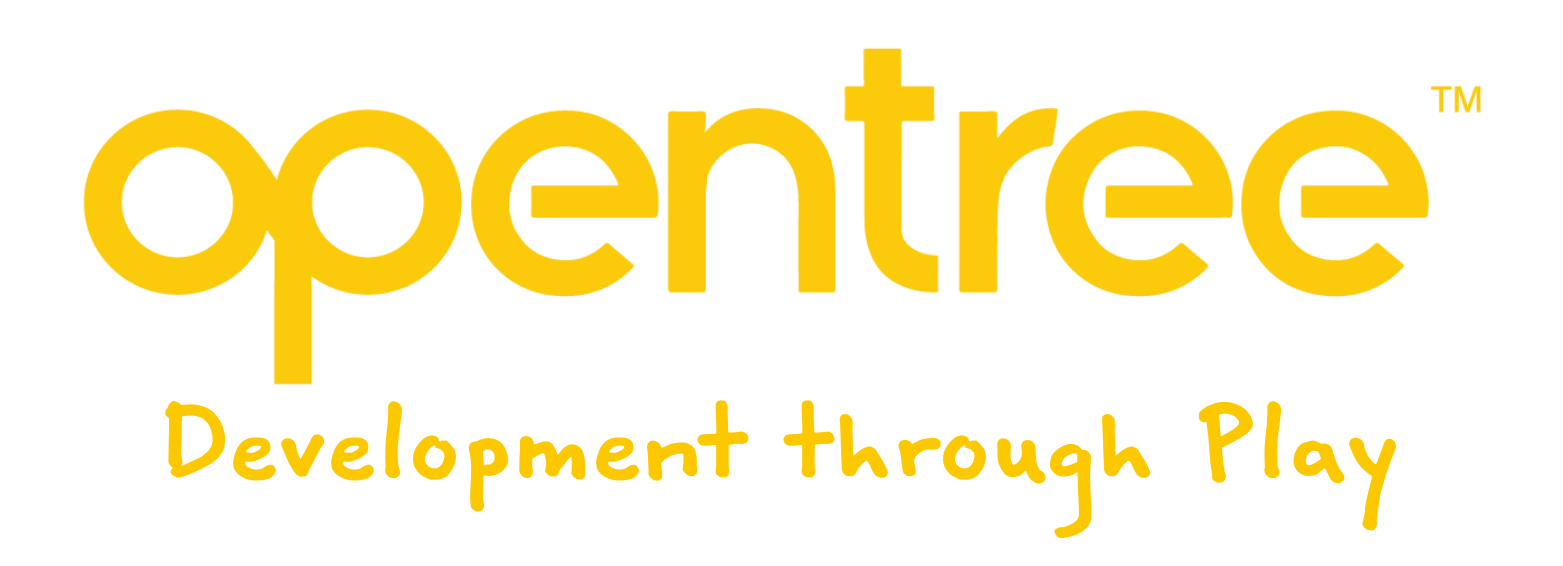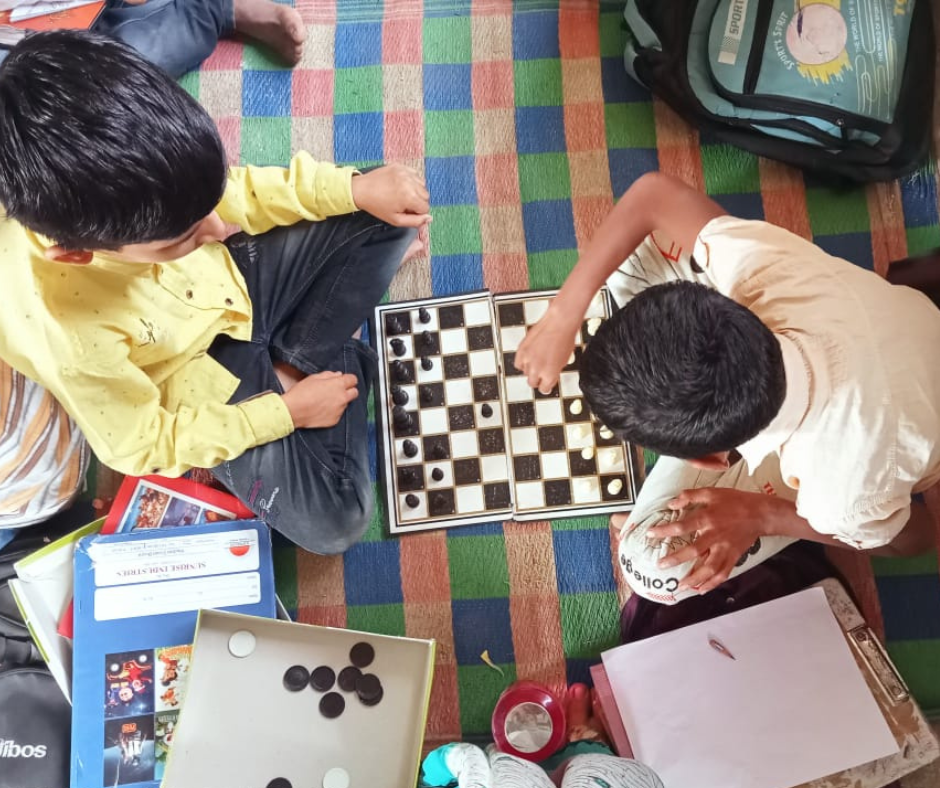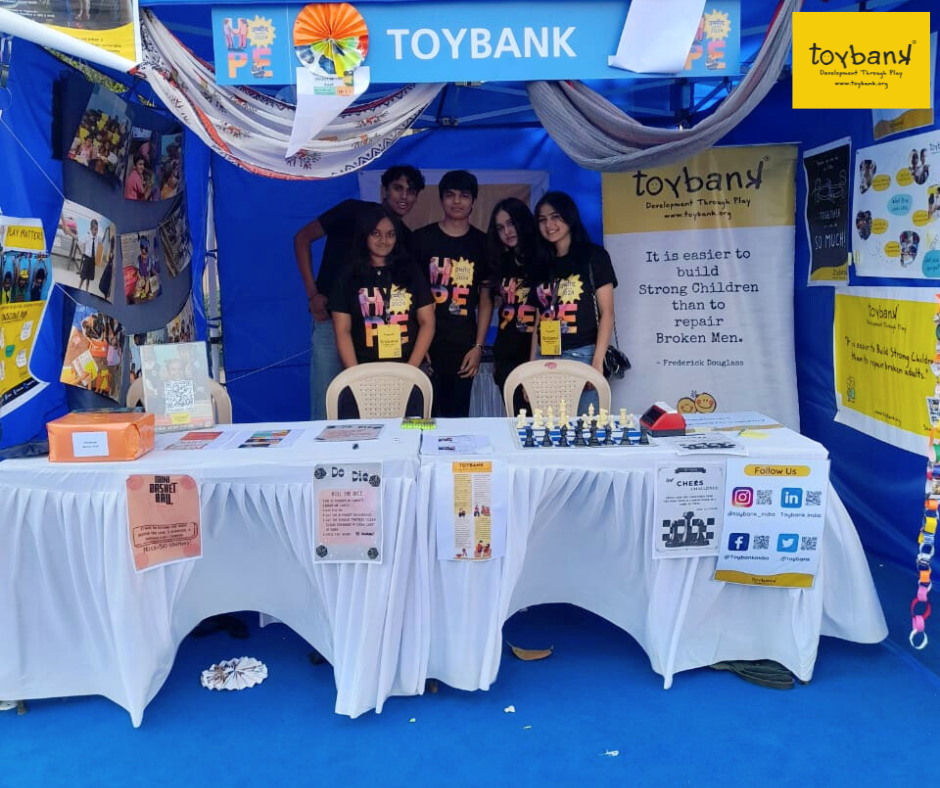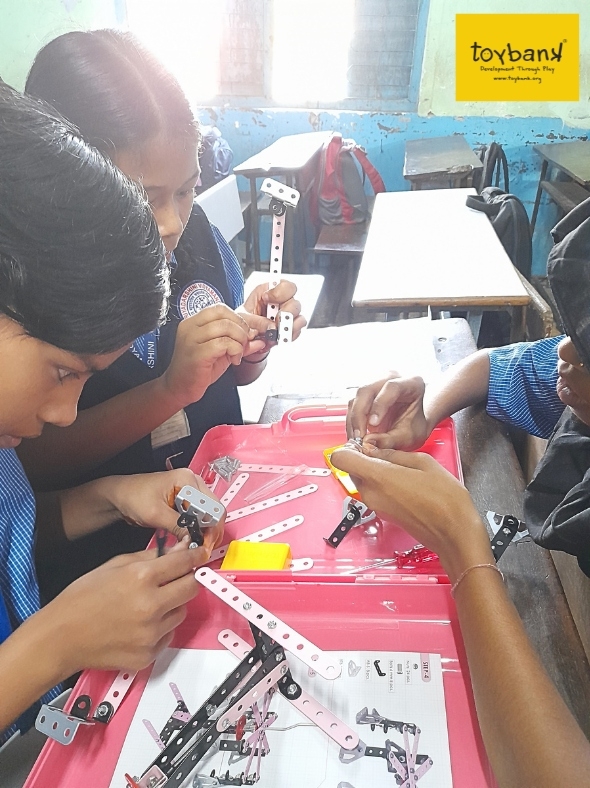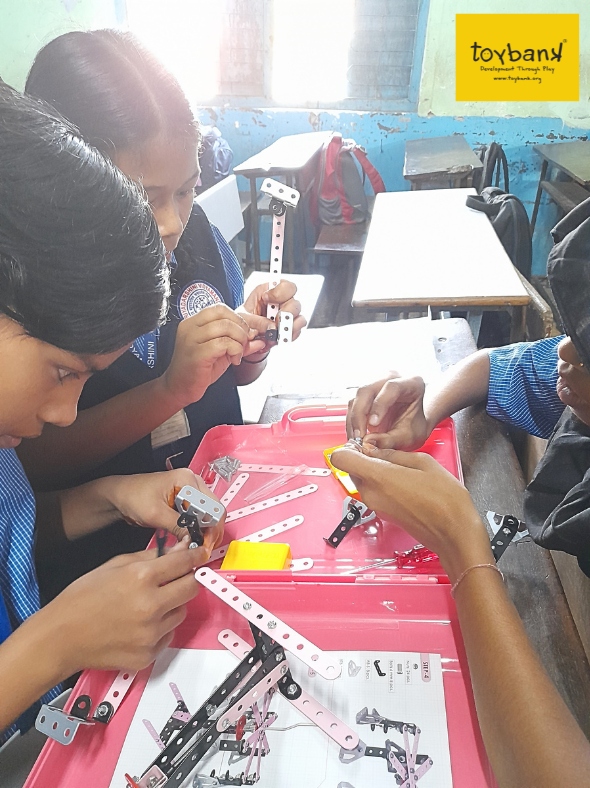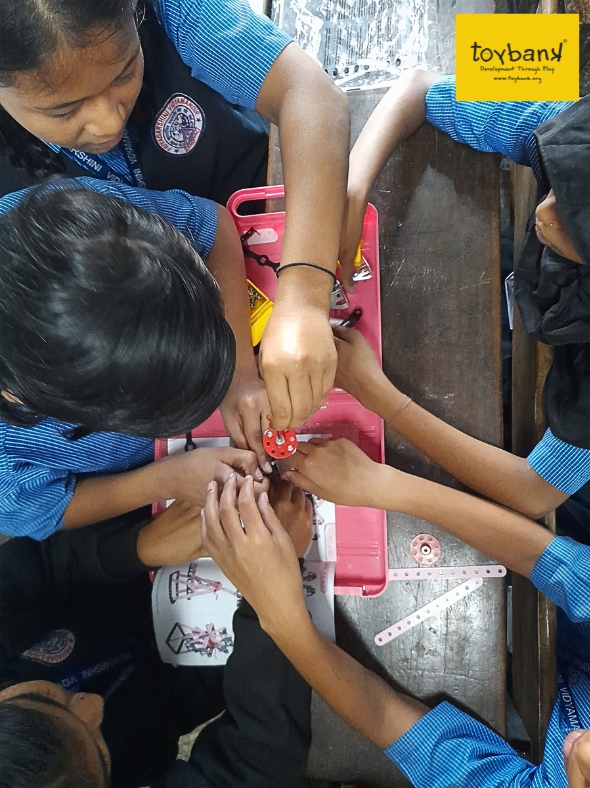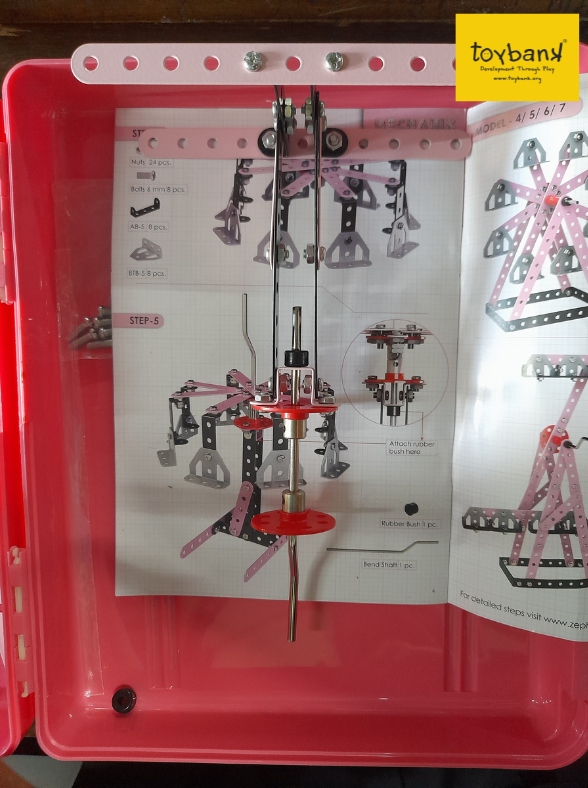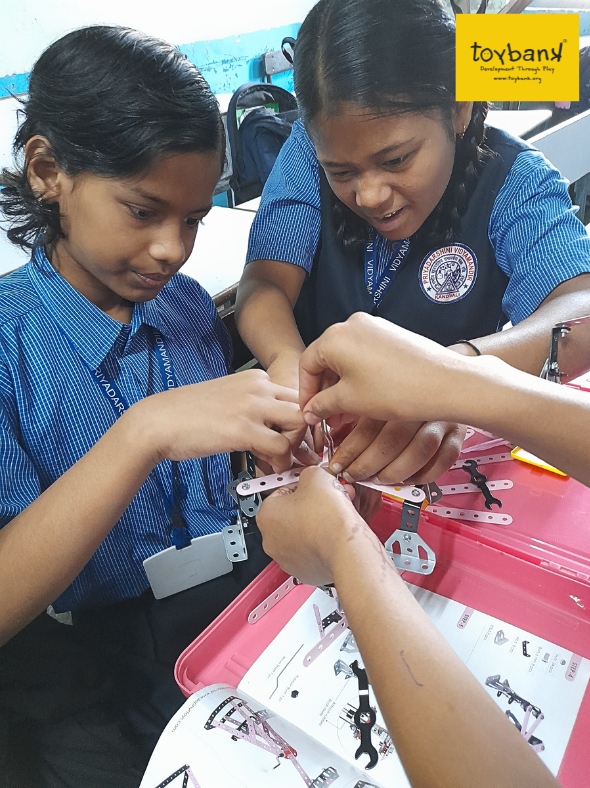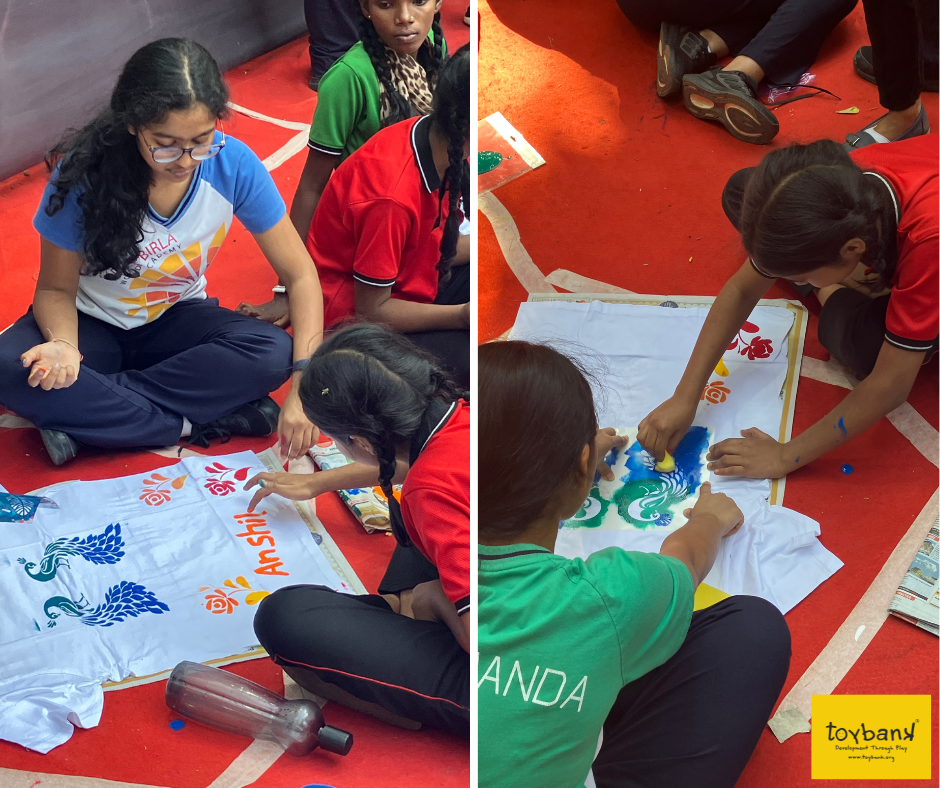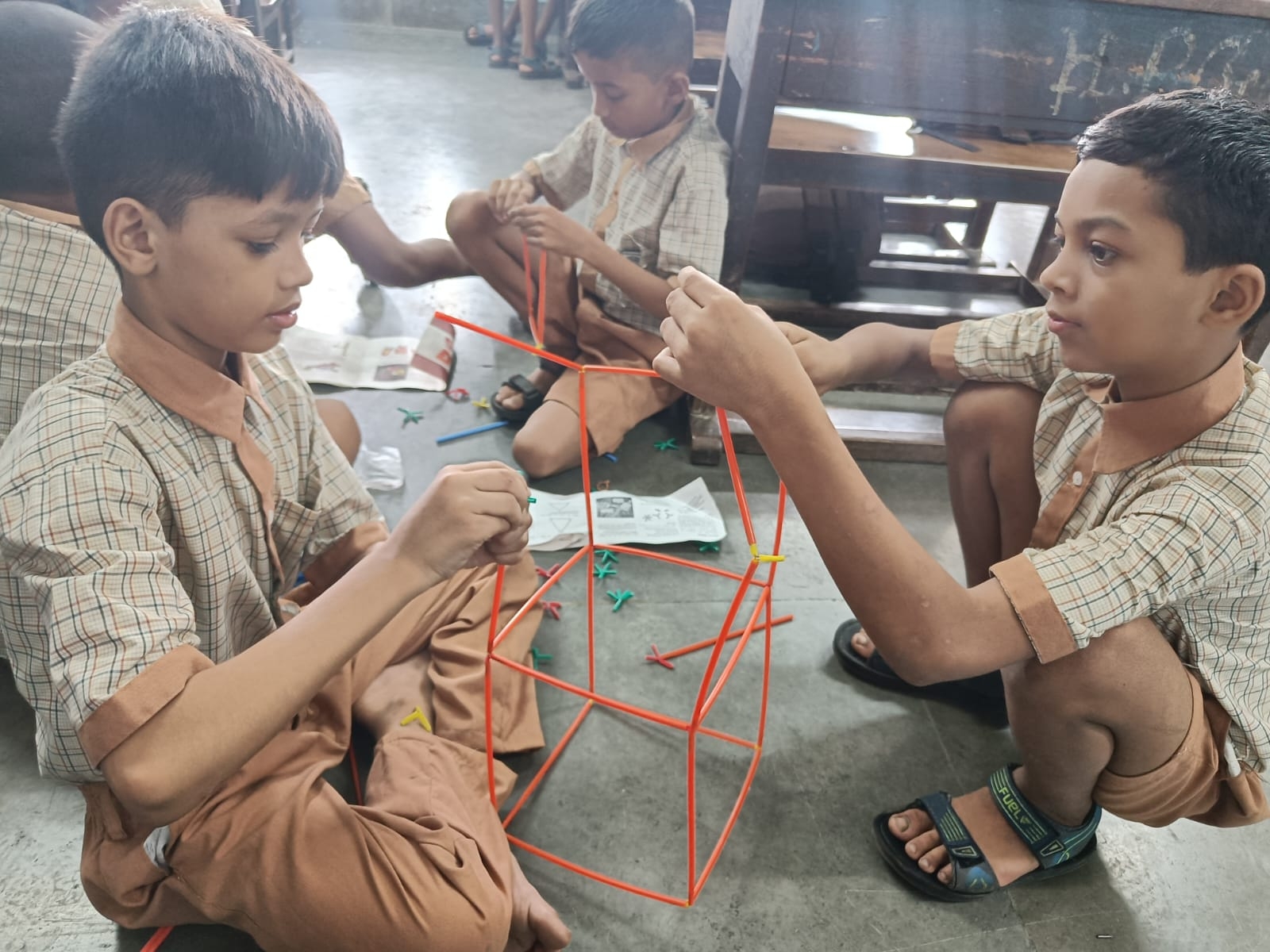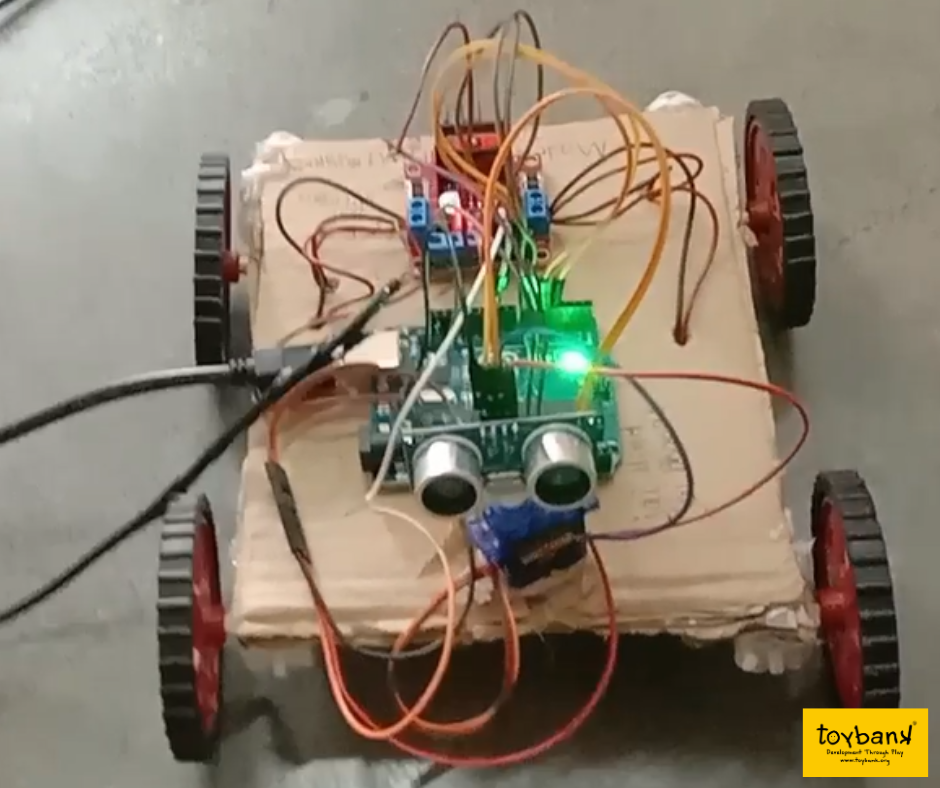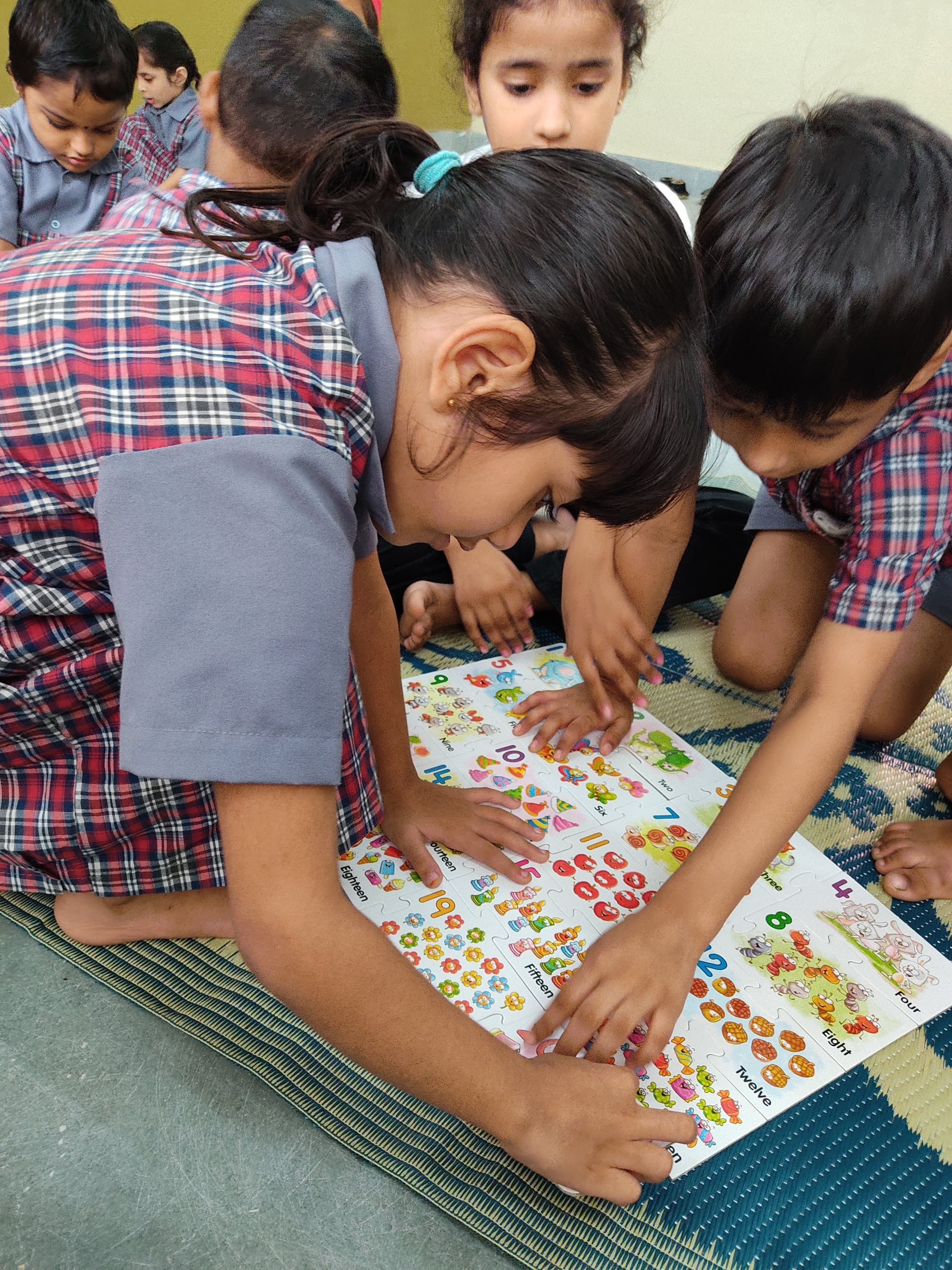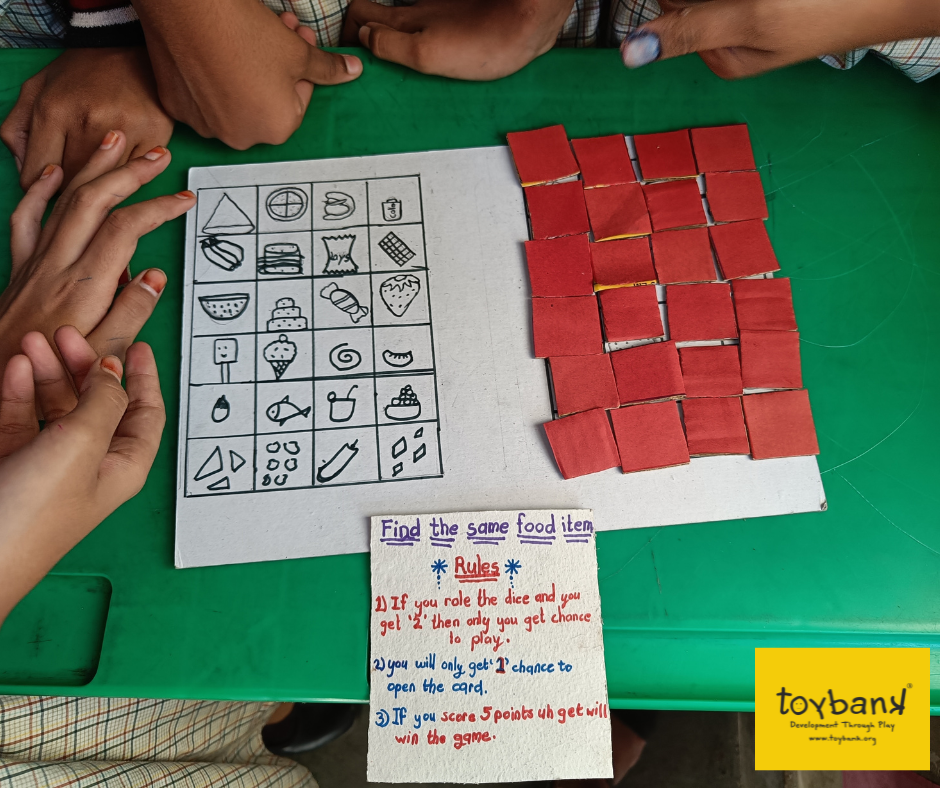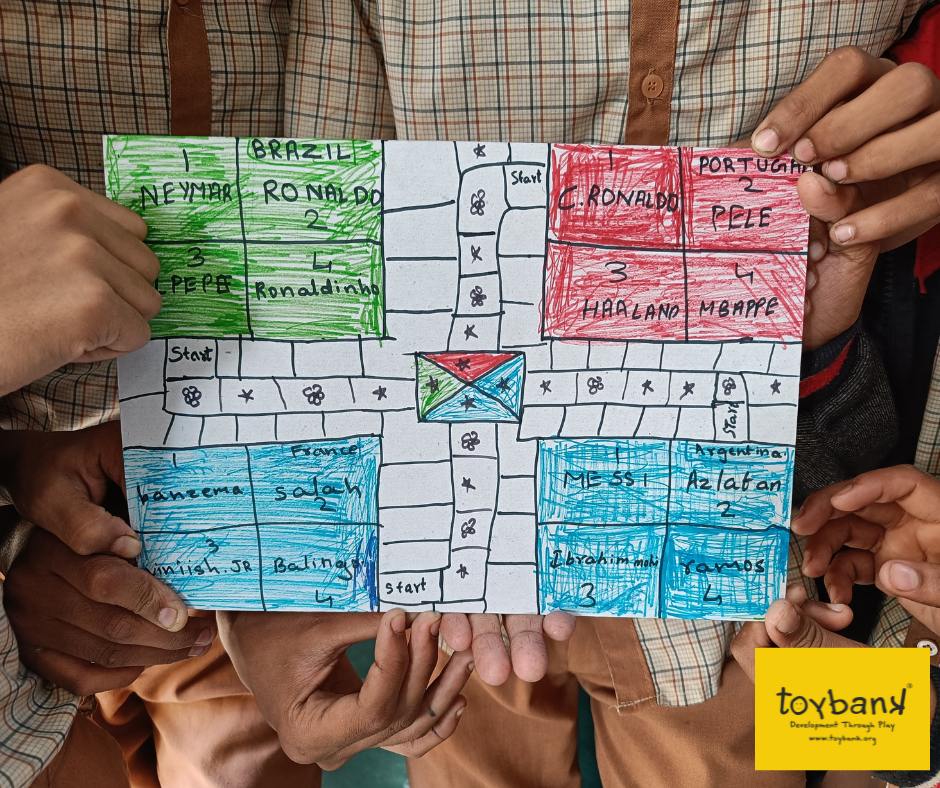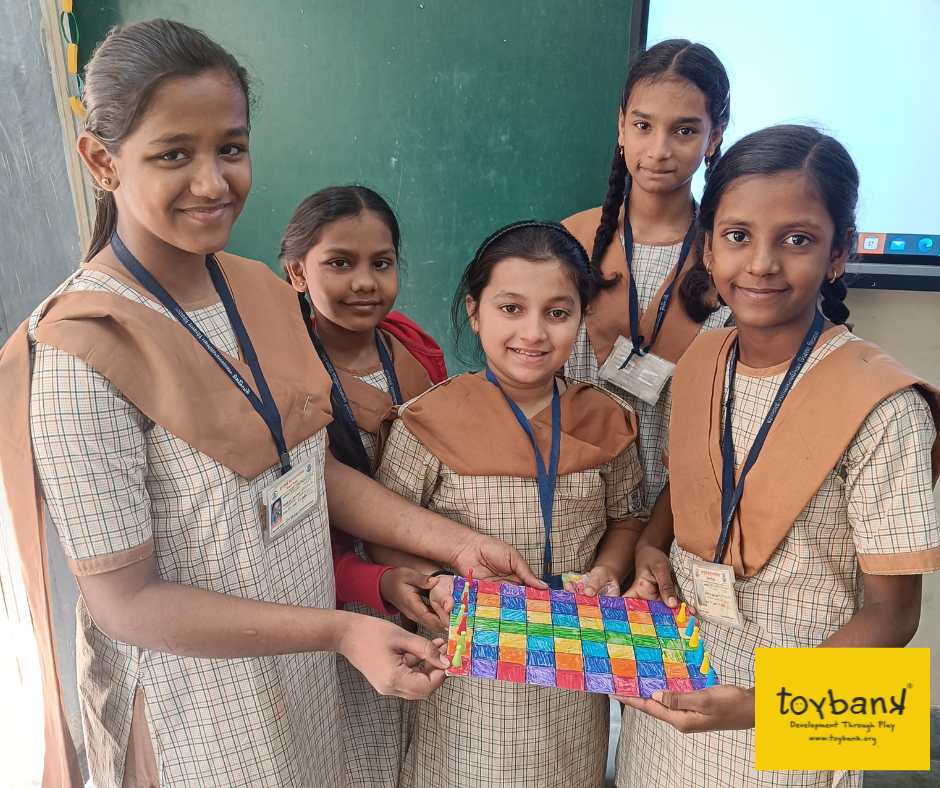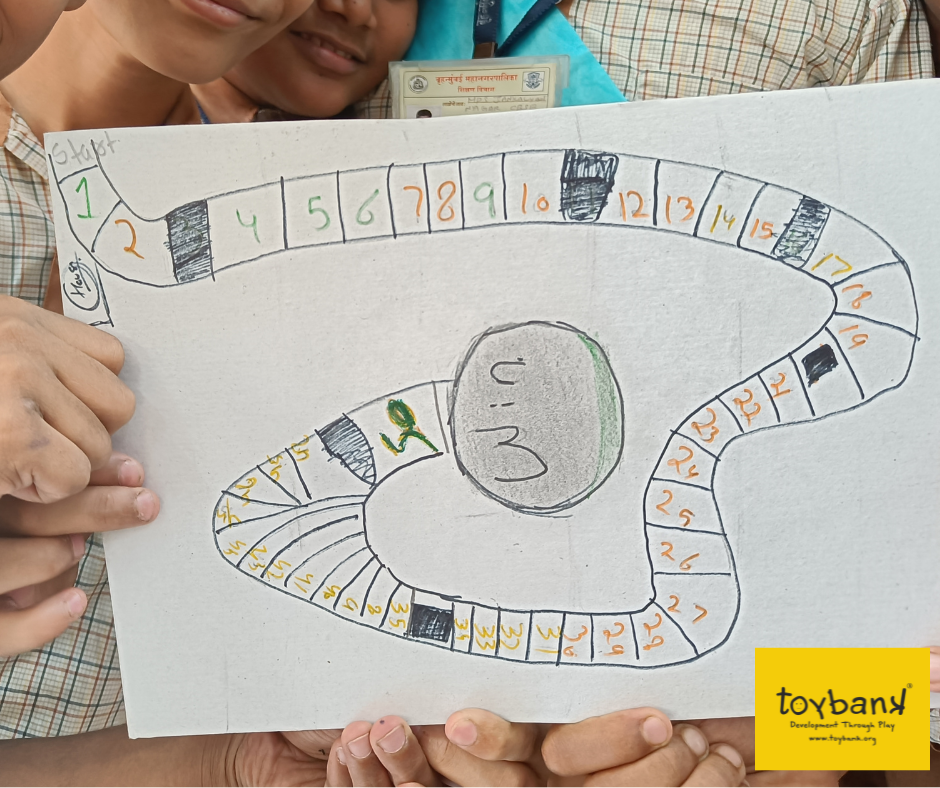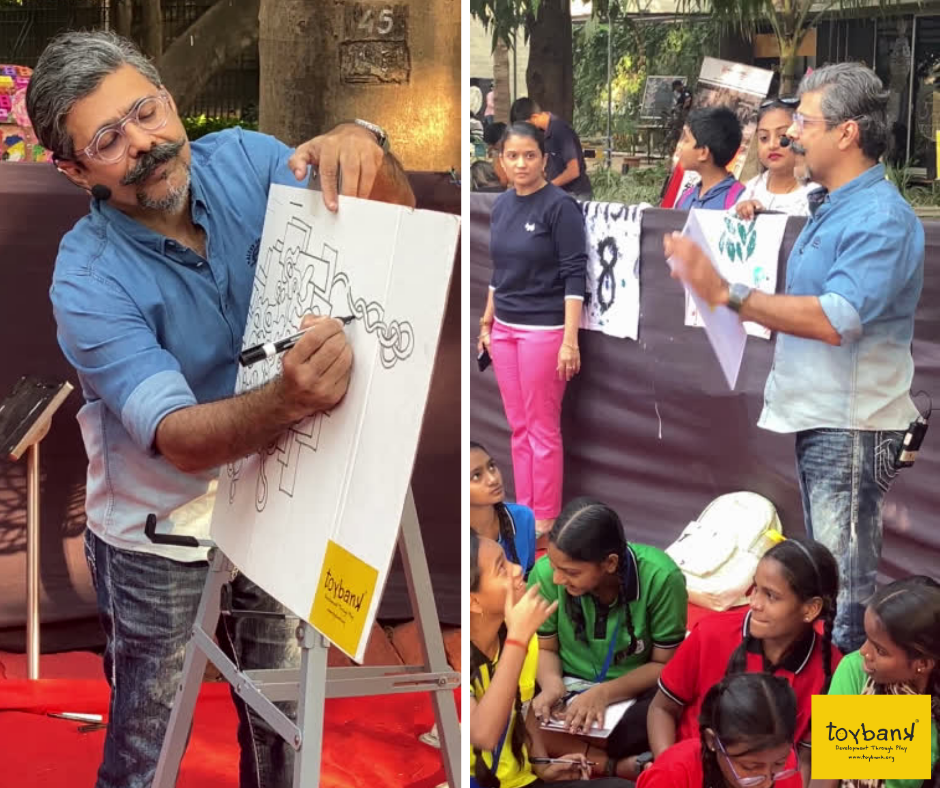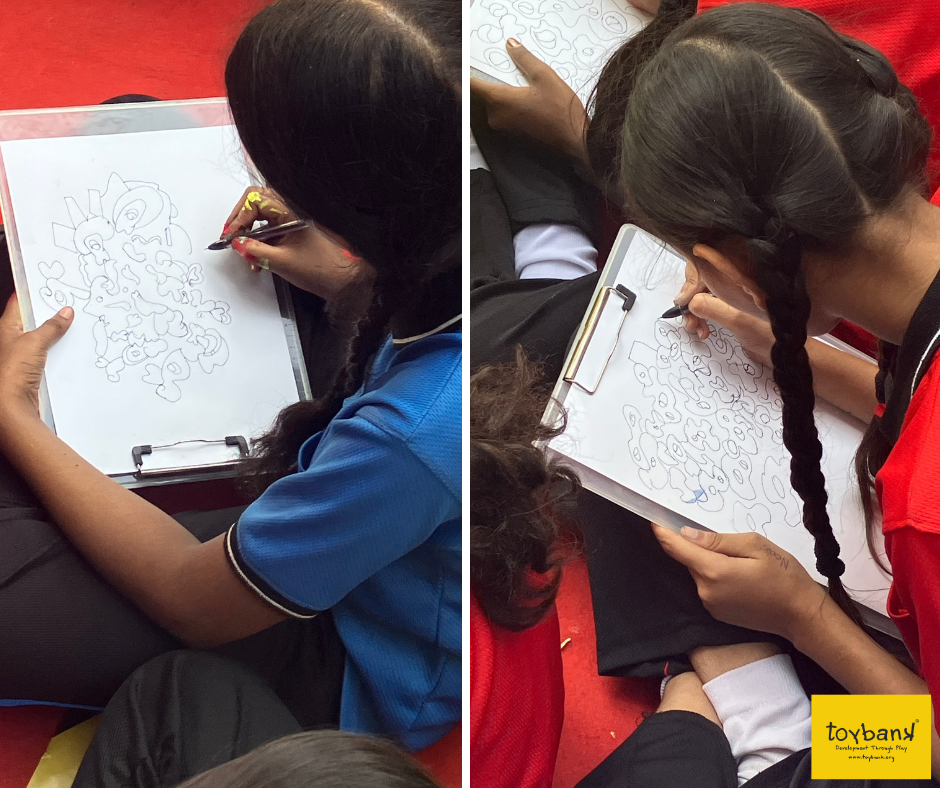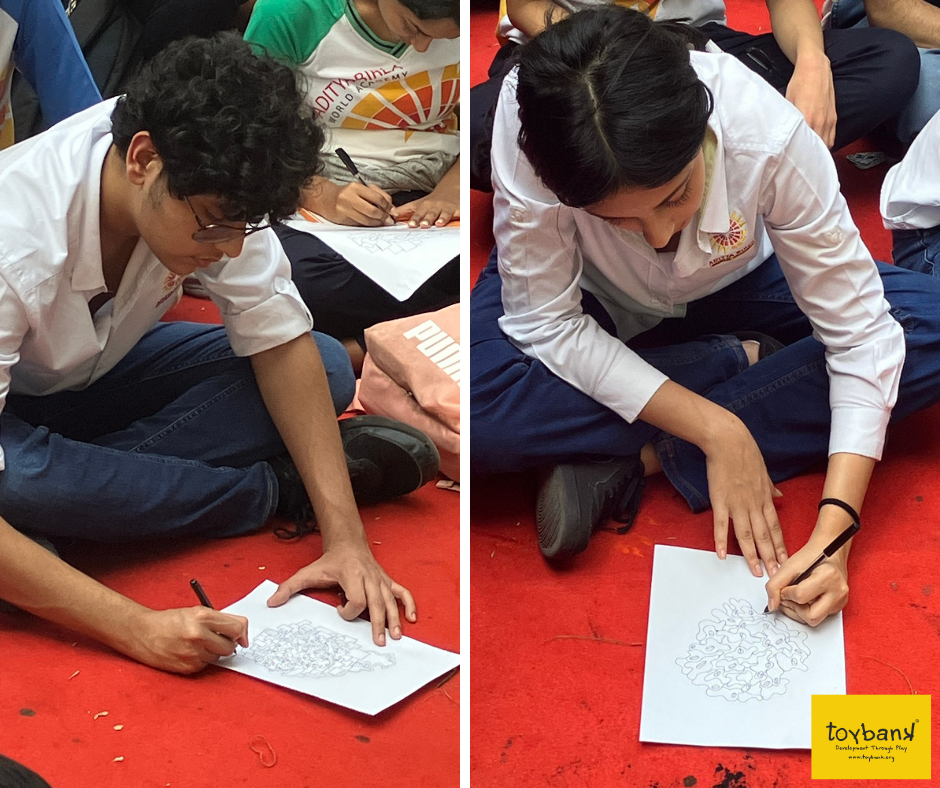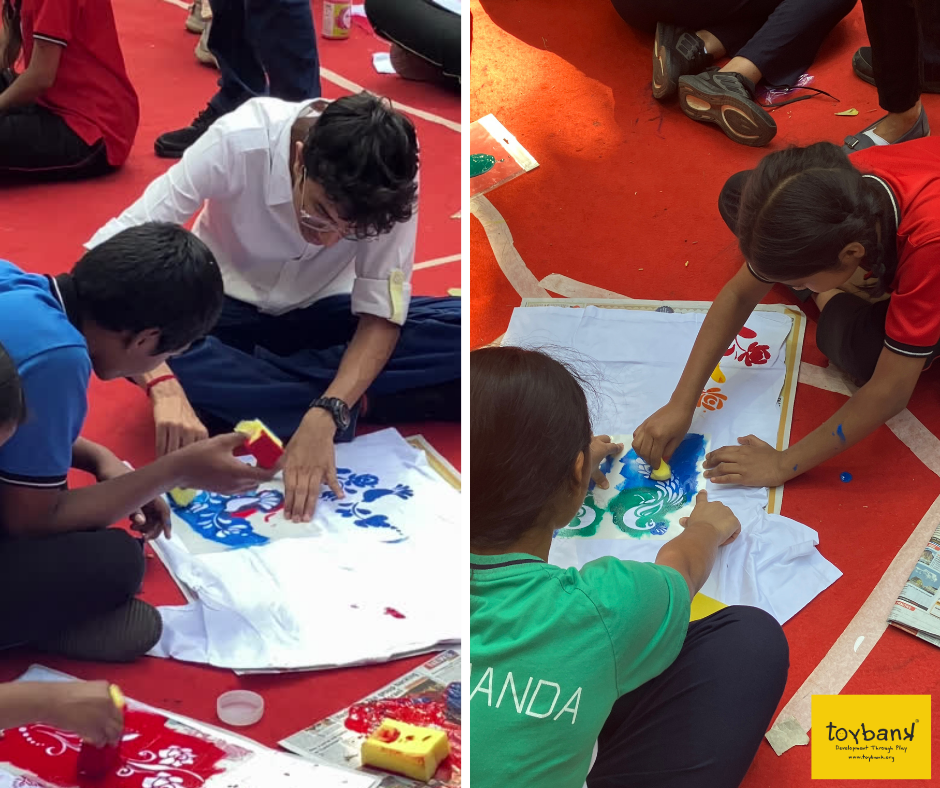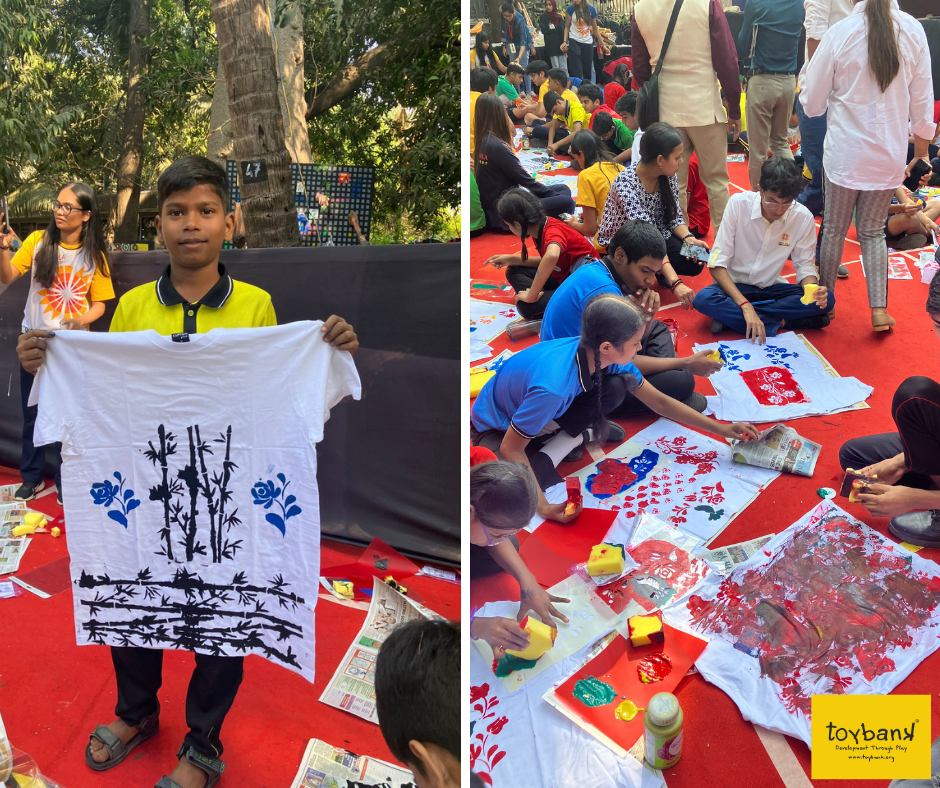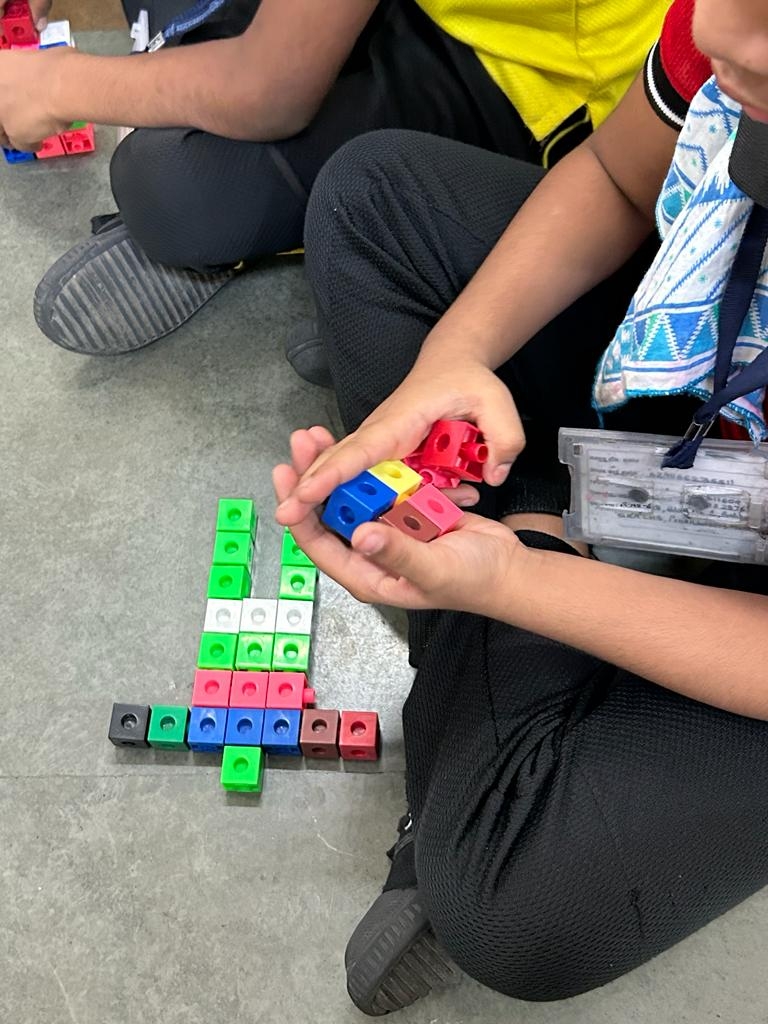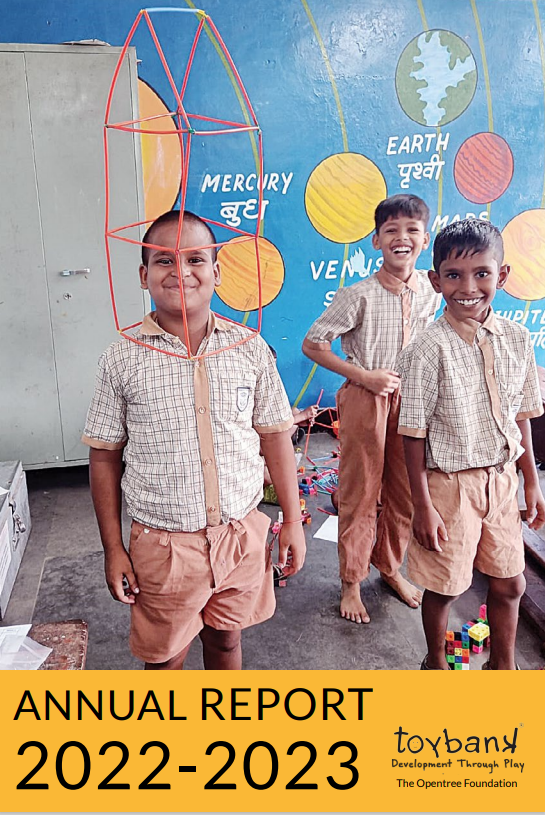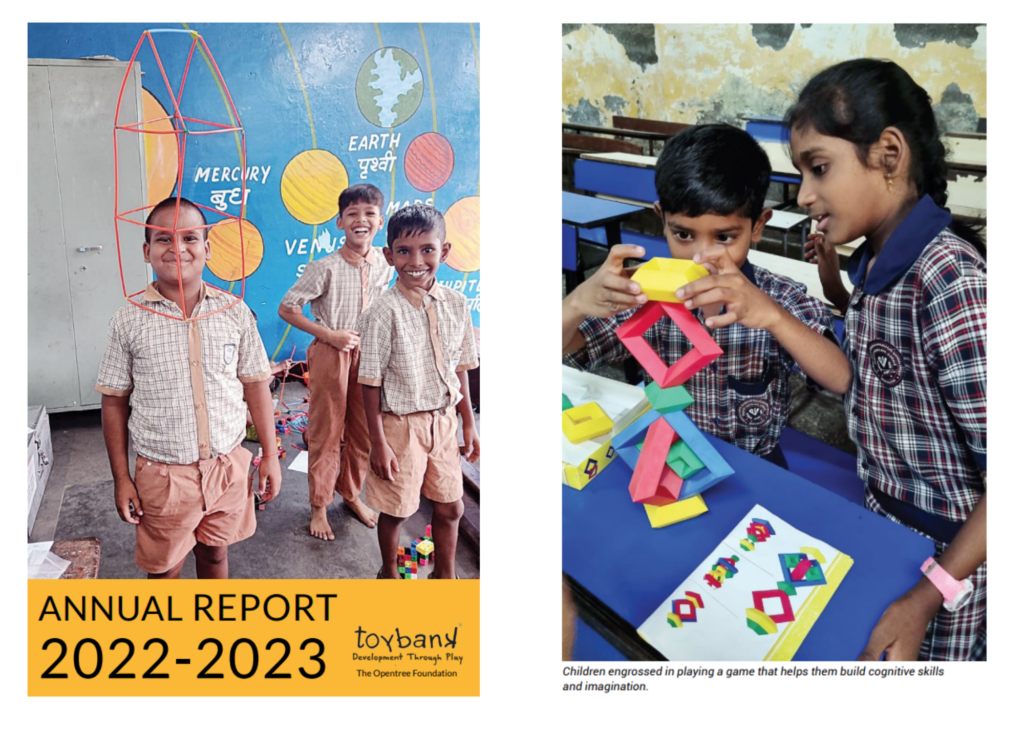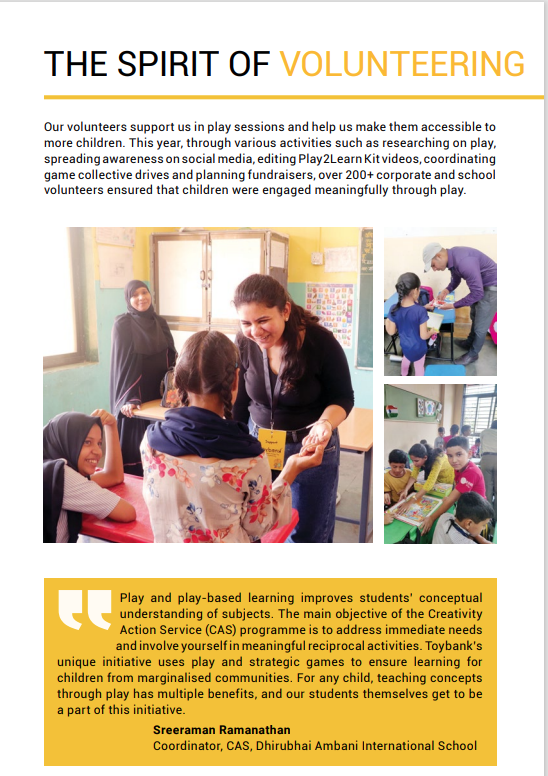Play helps teacher create safe space for Class 1 student
Ajay (name changed) belongs to a tribal community in Maharashtra’s Ahmednagar district and lives with his parents and siblings. His parents are daily wage labourers and often struggle to earn a living. The situation in his home, too, is not very pleasant, as his father is an alcoholic and often has fights with the Mother. At such a young age, Ajay is exposed to an unpleasant home environment with abuses being hurled and his Mother being beaten at times.
Owing to this, Ajay, who studies in Class 1 at the Municipal Primary School, Adarsh Nagar, is often quiet, does not mingle with his peers, and neither is he interactive in class. The teacher had been observing his behaviour and despite attempts, she could not get him to interact with the class. Following this, she decided to use play to make Ajay feel more comfortable, as she had noticed him often looking on when children played games during play sessions. She also saw that Ajay would play by himself during the lunch break.
When she saw how interested he was, she started playing simple games with him including Magic Square and puzzles. With time, Ajay started to get more comfortable in class and also began interacting with his peers. In conversation, he also shared his likes and dislikes with the teacher, which helped her gauge the child’s behaviour and strengthened the student-teacher bond.
Through play sessions and support from his teacher, Ajay started to feel more comfortable in school, made friends, and slowly became active in class activities. In the years we have been at this mission, we have witnessed children from marginalised communities leave their worries behind, collaborate with their peers, and acquire life skills that would propel them to have more equitable opportunities in their lives.

